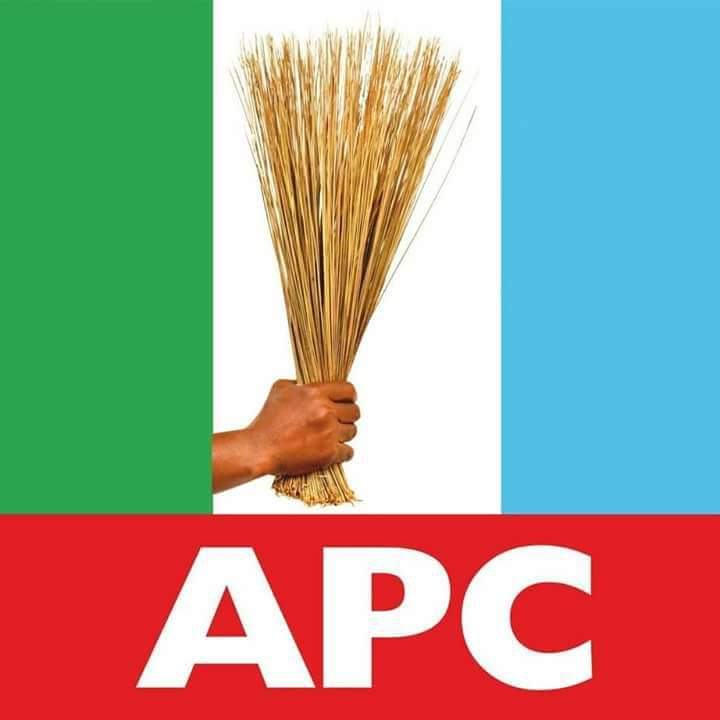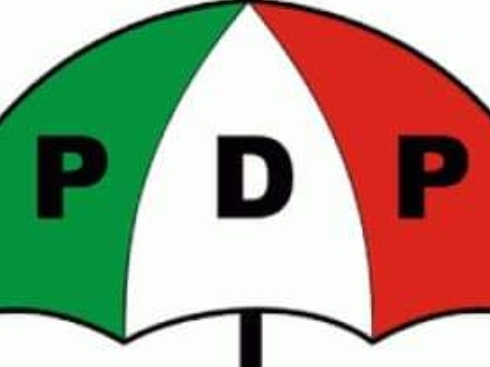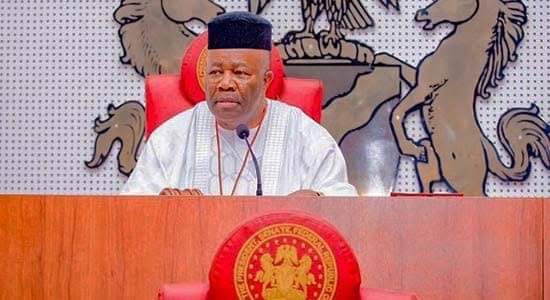Fuel Is Cheap In Nigeria, Says Tinubu, Offered To Sponsor NLC Leaders To Other West African Countries Where Petrol Is Sold For N1,700, N2,000
The Nigeria Labour Congress (NLC) has raised concerns that the current price of Premium Motor Spirit, popularly known as petrol has eroded the benefits of the proposed N70,000 new national minimum wage, which is yet to be implemented.
NLC President Joe Ajaero made this statement during a two-day workshop in Lagos, emphasising the urgent need for the government to address the impact of rising fuel costs on workers’ lives.
Ajaero accused President Bola Tinubu of misleading organised labour into accepting the minimum wage with the promise of stabilising petrol prices.
He stressed the dire conditions many Nigerians are facing, advising the government to tackle the widespread hunger, poverty, and frustration before the situation worsens.
Reflecting on prior discussions with Tinubu, Ajaero stated, “We were betrayed by Mr President,” reiterating that the administration has denied their claims of betrayal.
He recounted how the president had positioned them against a choice between a N250,000 minimum wage and increasing petrol prices, leading to a one-week adjournment for further consultations.
He argued that even a N250,000 wage would be insufficient if fuel prices continue to rise, stating, “In fact, that N250,000 may not be enough to even buy fuel.”
The union president also highlighted the government’s proposal to fund a trip to West African countries to investigate their fuel pricing, insisting that the government should instead focus on curbing smuggling at the borders.
He said, “Mr President equally offered to fund our trip to tour some West African countries, where the least price of petrol is selling at N1,700. He even said in Cameroon, they are selling N2000 and that none of them has a refinery but they are getting their products from Nigeria.
“We responded by telling him to check the borders because that is why they are smuggling those products to those countries. We equally said no because Nigerians will say they have given us money; they won’t say it’s money for us to visit those West African states.”
Ajaero said at the adjourned meeting, the labour union made it clear that their priority was not negotiating petrol prices but rather ensuring the implementation of the minimum wage.
He acknowledged the challenges from private sector employers during the discussions, noting their resistance to wage increases and the need for solidarity among labour representatives.
The NLC president also noted that there are plans for the union to meet next Thursday with the federal government on how workers could survive the recent hike in the pump price of petrol.














































